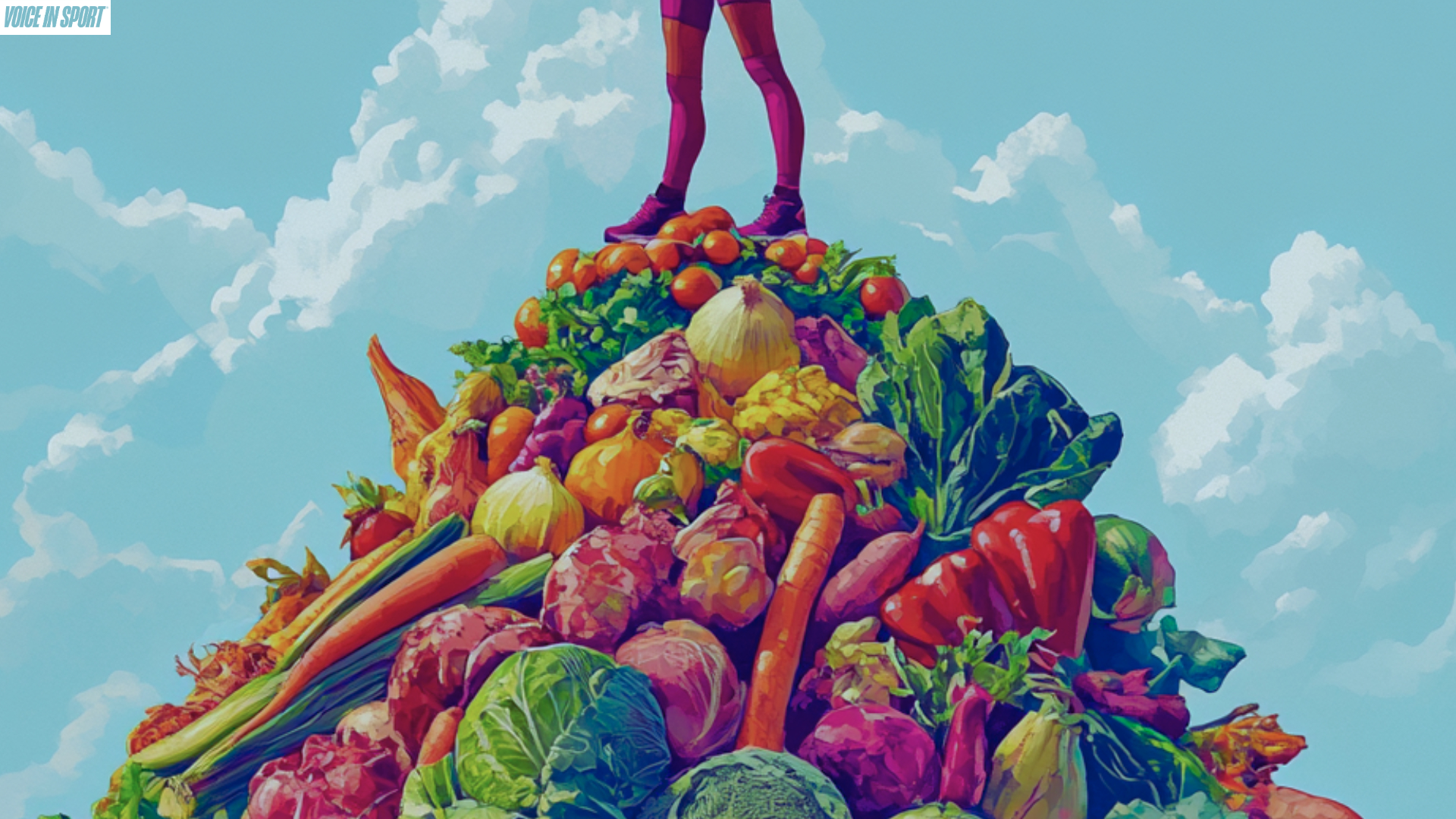What does it mean to be vegan? A vegan fueling plan excludes all animal products, including meat, dairy, eggs, and other animal-derived ingredients. Even as vegan athletes are becoming more common, several myths still exist related to this lifestyle. Let's address four common misconceptions about veganism and how vegan athletes can ensure their nutrition supports optimal performance with VIS Expert and Registered Dietitian, Andrea Givens, MS, RD, CSSD.
Myth 1: Lacking Protein
Protein is crucial for athletes, as it helps build and repair muscle tissue after training. “Amino acids are the building blocks of proteins. While the body can produce some, there are nine essential amino acids” that come from what we eat, Givens says. Foods with all nine essential amino acids are called complete proteins, while those missing one or more are incomplete.
All animal proteins are complete, but most plant foods offer varying combinations of these nine acids. A few plant proteins, such as soybeans (found in tofu and tempeh) and quinoa, are complete. Vegan athletes need to consume a variety of plant-based foods to ensure they get all nine essential amino acids.
Another concern is that vegan athletes might not eat enough protein, as animal products generally have higher protein content than plant-based ones. Givens advises that “vegan athletes need to be intentional about their nutrition” and include high-protein vegan foods like tofu, tempeh, seitan, beans, and lentils in their meals.
Myth 2: Hindered Recovery
To recover effectively, athletes should focus on three key nutrition components: “Rehydrate with fluids, rebuild with protein, and refuel with carbs,” Givens says. Rehydration improves muscle function, reduces fatigue, and enhances performance. Protein repairs muscle tissue, while carbohydrates replenish glycogen stores to fuel the next training session.
Rehydration is achieved by drinking plenty of water and electrolytes after training and throughout the day. Rebuilding with protein requires consuming a variety of plant-based foods to ensure adequate intake of protein and all nine essential amino acids. Refueling with carbohydrates is straightforward for vegans, as plant foods are “inherently higher in carbohydrates,” according to Givens. By following this recovery structure, vegan athletes will be well-prepared for their next training session or competition.
“Rehydrate with fluids, rebuild with protein, and refuel with carbs.”
Myth 3: Poor Energy
There is concern that a vegan lifestyle might not meet energy needs, potentially leading to injury and performance issues. Without consuming animal products, the number of food groups that are eaten regularly are restricted. This can make it seem harder to fuel sufficiently for training and everyday activities. Givens counters this by saying, “With intentional fueling and a balance of carbohydrates, protein, and fat, it is definitely possible to meet energy requirements.” It is a great idea to work with a Registered Dietician who can help you understand what your needs are and to create a fueling plan.
Myth 4: Nutrient Deficiencies
Micronutrients such as B12, iron, vitamin D, and calcium are typically found in higher amounts in animal products compared to plant foods. Givens acknowledges that a vegan fueling plan might be lower in these nutrients. But she suggests that this can be addressed by “taking a third-party tested multivitamin and mineral supplement and incorporating fortified foods that contain calcium and iron.”
Expert Tips for Vegan Athletes
Here are some of Givens top tips for vegan athletes looking to optimize their fueling and performance:
“Meet with a dietitian that is board certified in sports dietetics and specializes in plant based athletes for the best guidance!”
Make sure to get annual blood work from your doctor. “Your doctor can order them and then take your results to your dietitian who is trained in assessment and can help you come up with a plan.”
Vegan protein powder is a convenient way to meet protein requirements! Check to make sure it has a high essential amino acid content.
Eat a variety of foods to ensure you're consuming different nutrients and amino acids!
Through proper guidance and education vegan athletes can confidently fuel their bodies for optimal performance and health! Explore a variety of vegan foods, fuel up, and don't be afraid to ask for help!





